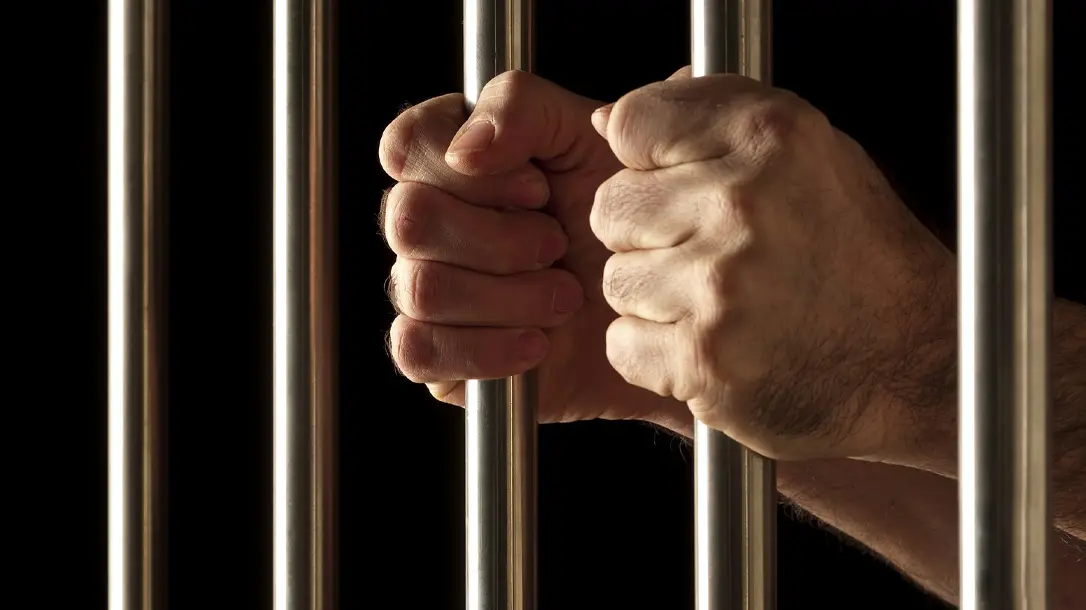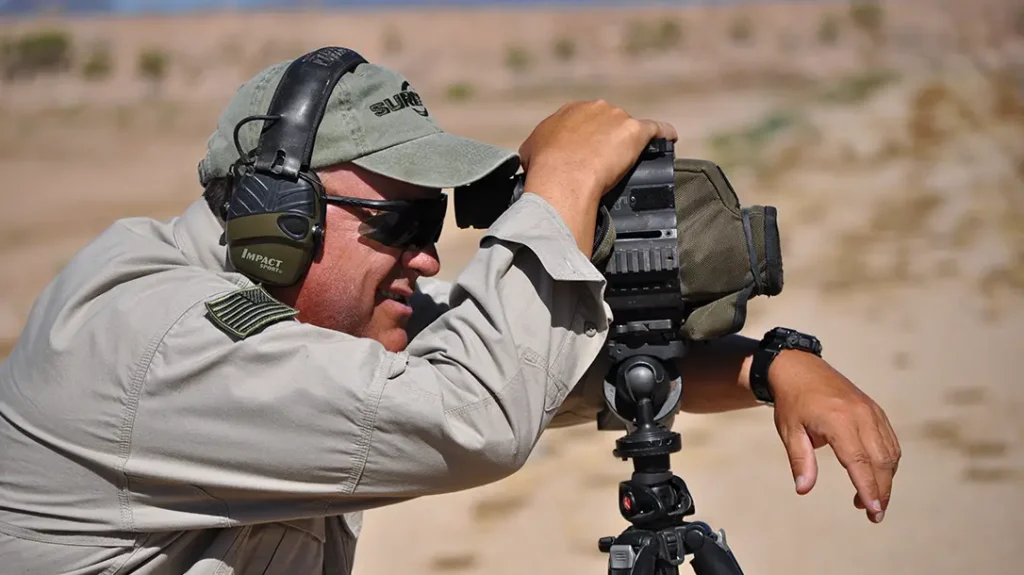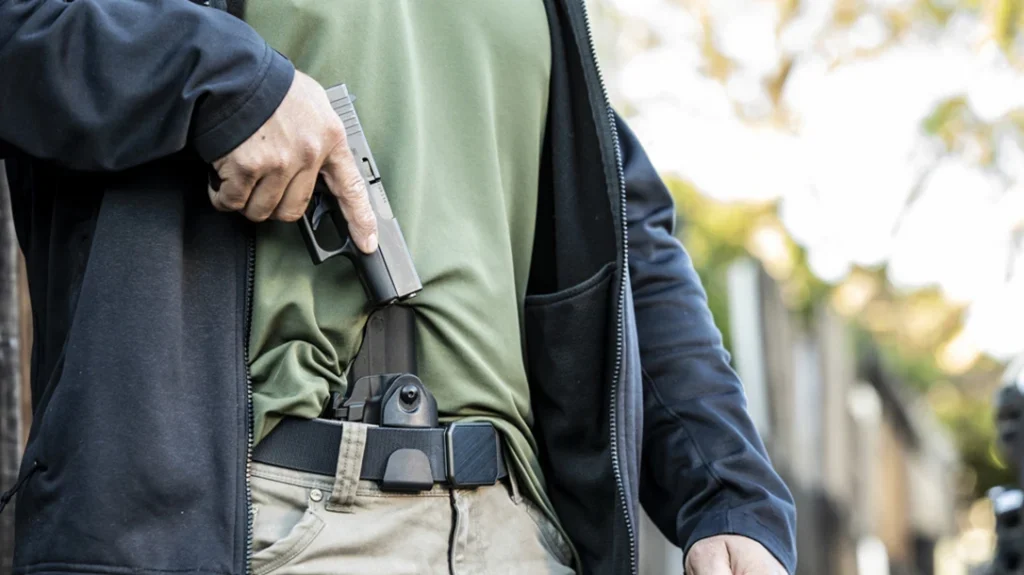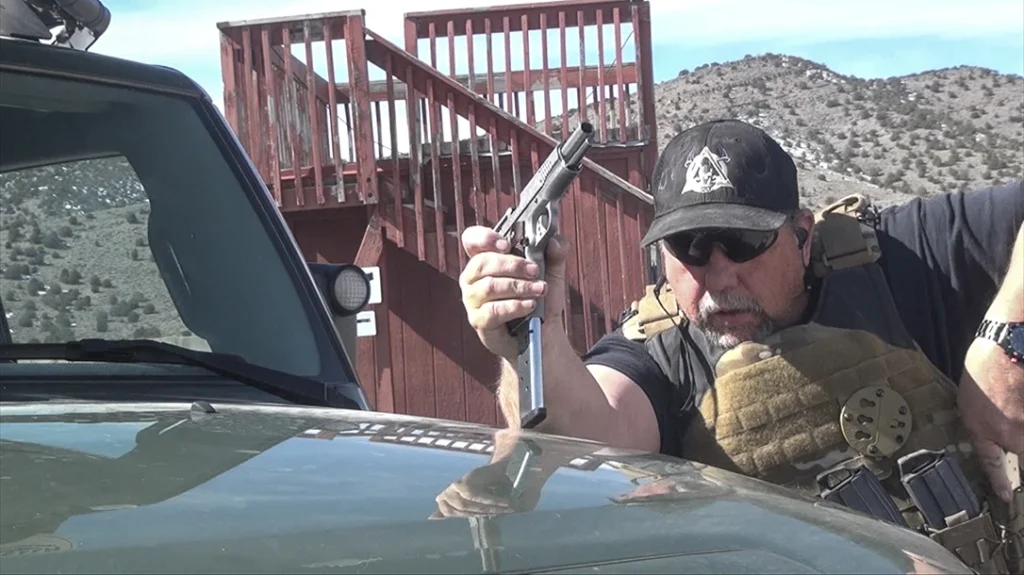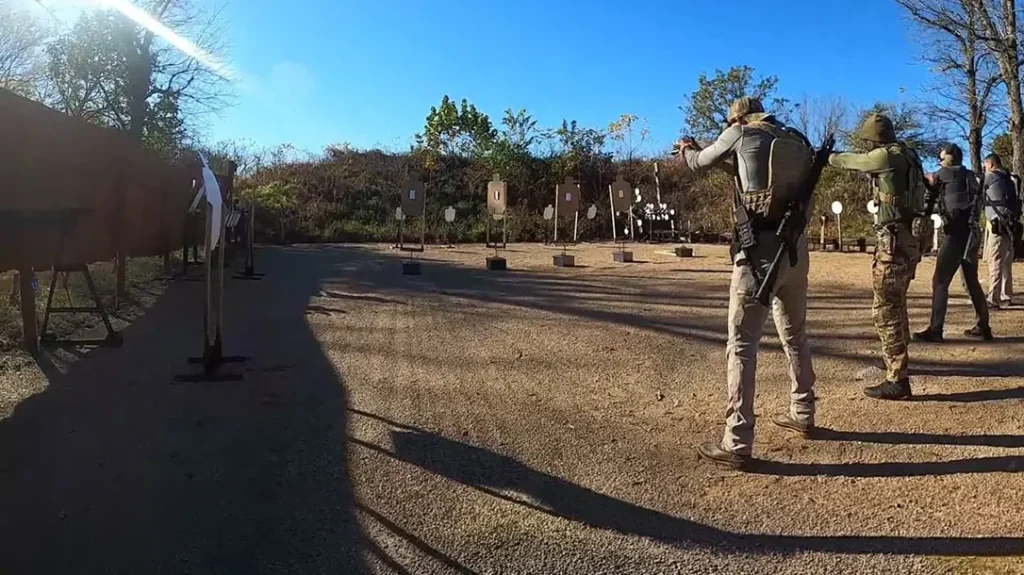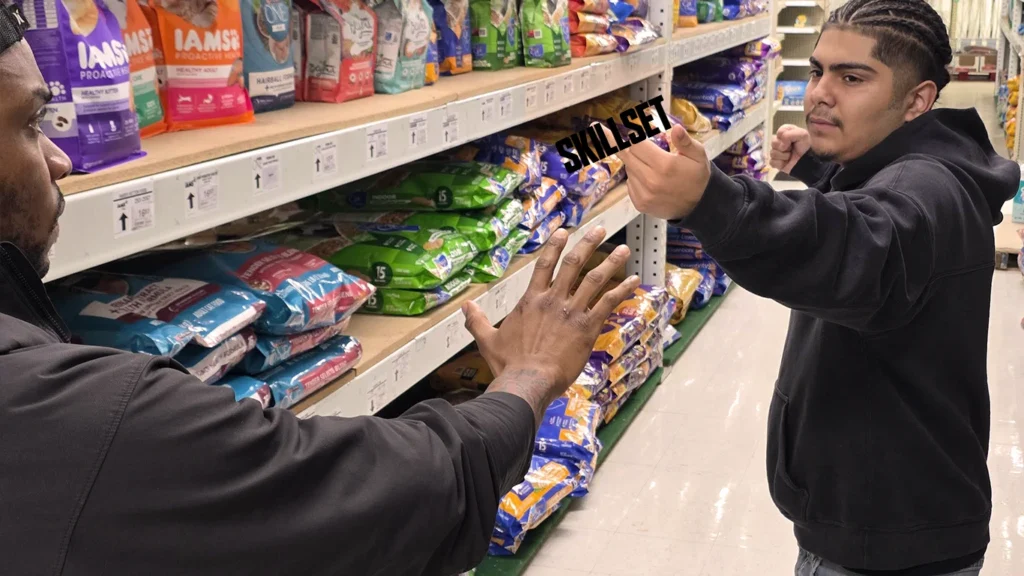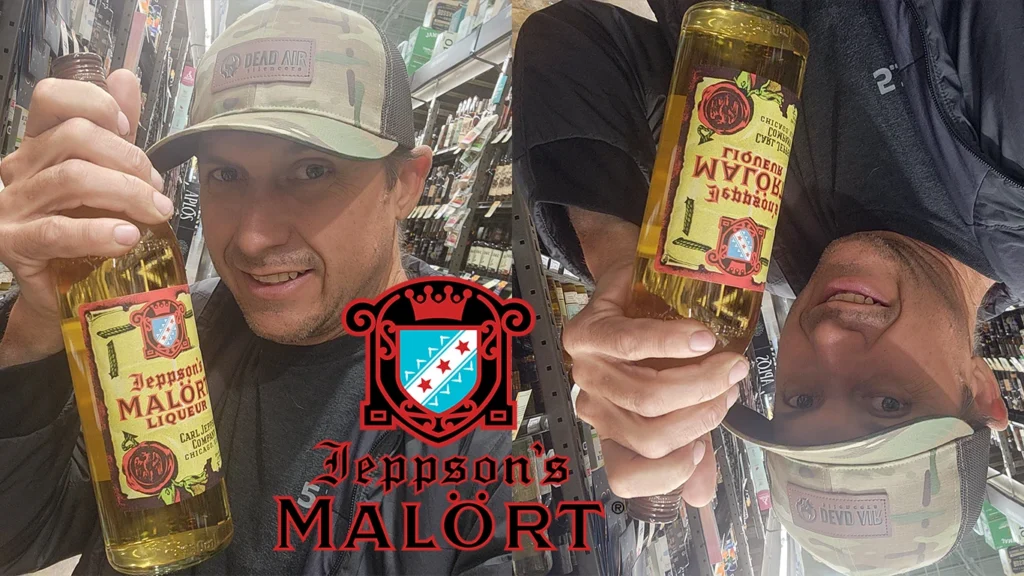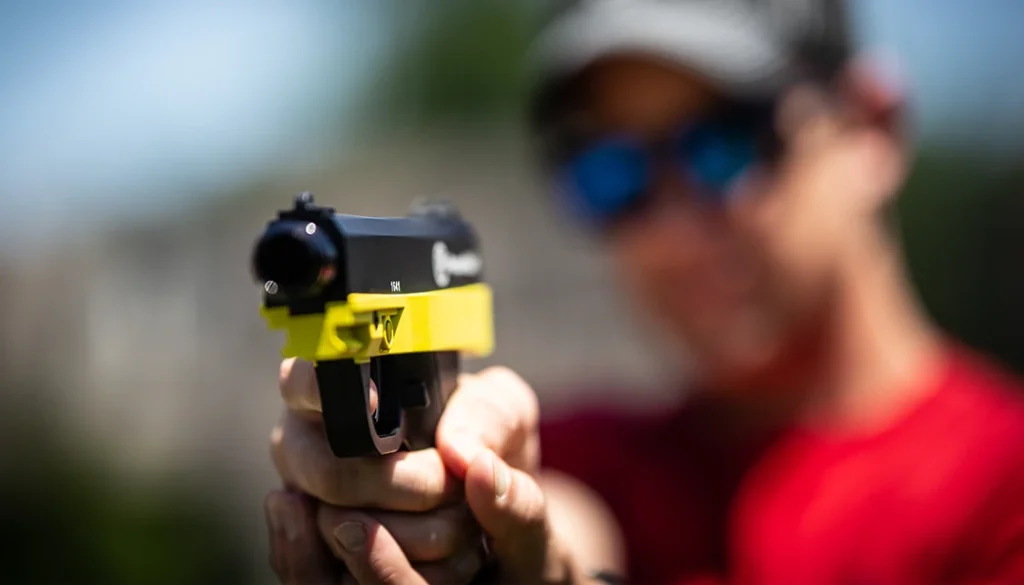Whatever you say can and will be used against you in a court of law. This phrase is a central statement when being read your rights. It is also a statement that applies to things you say long before you are face to face with law enforcement. Nowhere is this truer than with the dreaded 911 call. If the worst happens and you end up in a defensive shooting, you need to call 911 as soon as it is safe to do so. How you manage that call and what you say must be carefully measured and controlled. Saying the wrong thing in the heat of the moment can take what is a clear case of self-defense and turn it into a legal nightmare. Let’s look at things to consider before dialing 911.
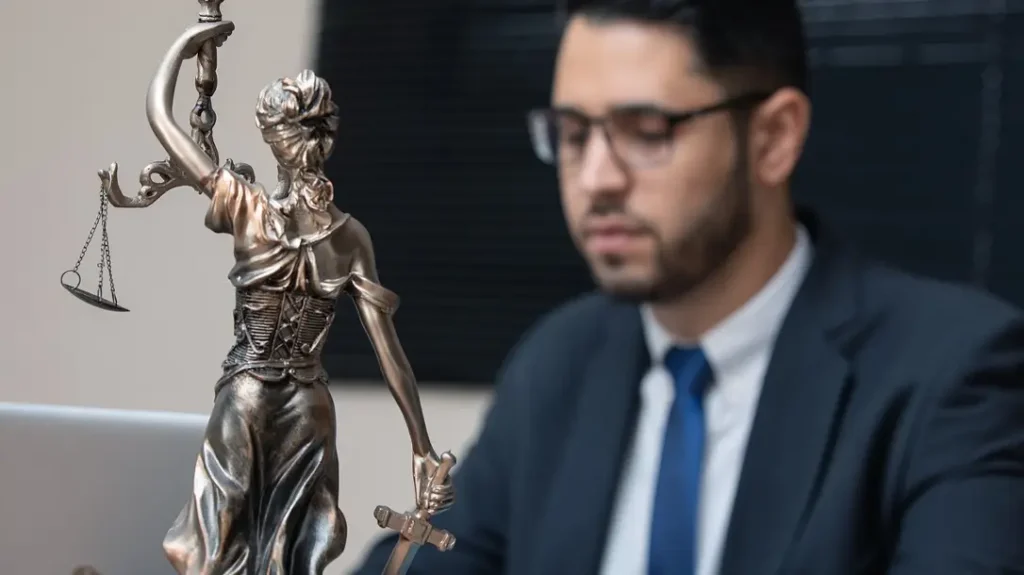
Before Dialing 911
Everything you say on the 911 call will be recorded and submitted as evidence. To the surprise of many though, that recording begins the second you push that last 1. Before the operator even picks up the call, the recording has begun. It is important to know this because you may be having a private conversation with someone about the event and potentially say something that can come back and haunt you.
Advertisement — Continue Reading Below
When talking to 911 the phrase that less is more certainly applies. All you should provide are the absolute essentials for law enforcement to respond. This will include your name and address. You are also encouraged to say that you are the victim and that shots have been fired. You may also request that an ambulance be sent to the scene. While it may seem callous, this ambulance is primarily for you. You have just been involved in one of the most dangerous and stressful events of your life. You may not even realize you have been injured. This same medical team will also tend to the assailant.
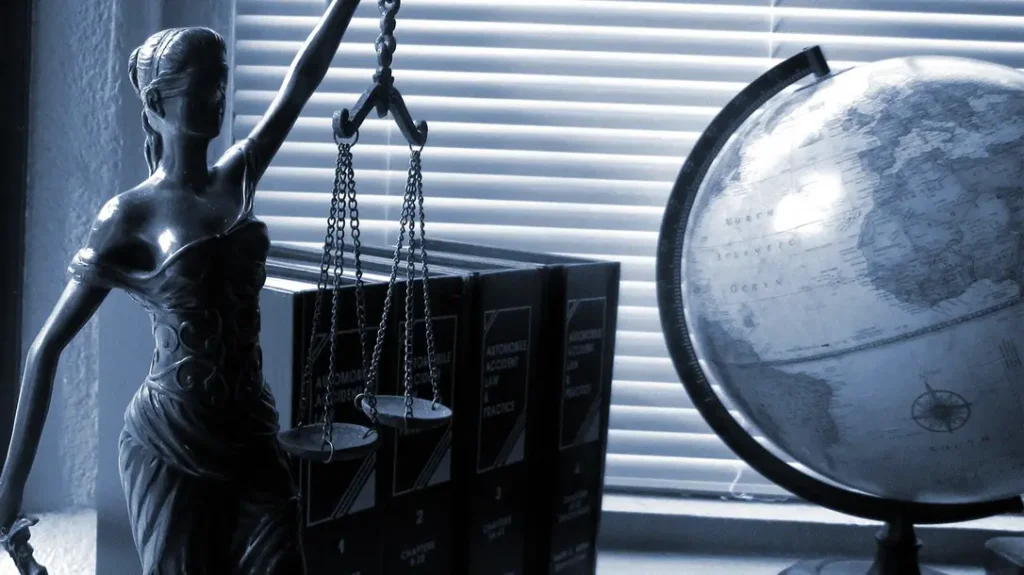
Everything You Need to Know Before Dialing 911
Attorney David Katz of Katz & Phillips P.A. shared some more detailed thoughts on this when I spoke to him recently. “To some, not answering questions is seen as a kind of admission of guilt. That’s not true. You have a constitutional right to remain silent and it is a good idea to use that right. The words you use can be the difference between being convicted of a crime versus possibly not even being arrested.” Katz went on to say that “you need to be helpful in your call but not to offer anything but facts.
Advertisement — Continue Reading Below
Tell the operator that you are the victim of a crime and that someone has been shot. Request medical assistance and tell them where you are now. This is important in the event you have been forced to flee the scene. Also, let the police know if there are bad guys still around or where they have gone if possible.” Katz kept going back to the central point on this which is “do not say anything more than absolutely necessary.”
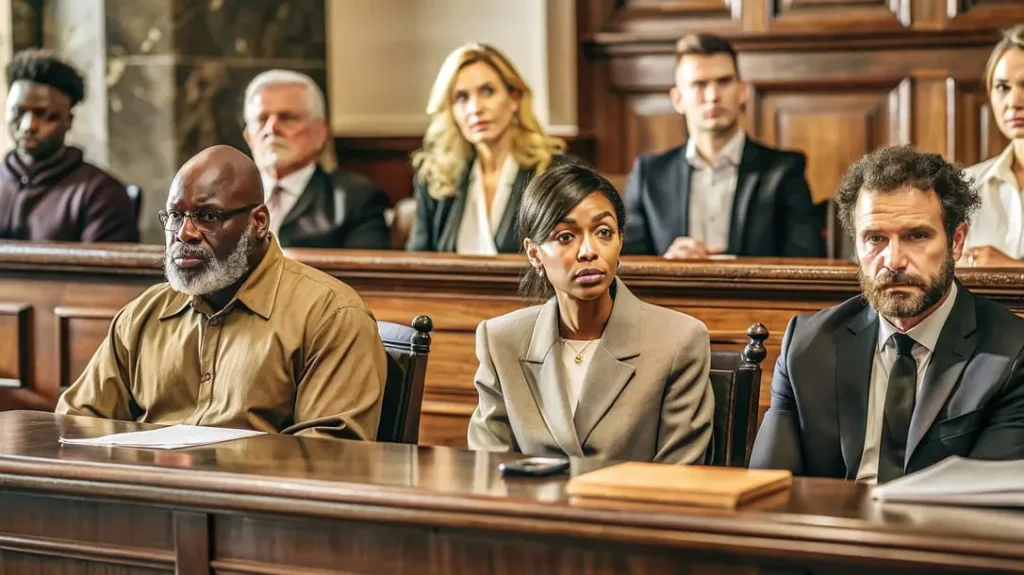
Only Say the Essentials
One point that I really found interesting was on the topic of describing yourself to the operator. “Some people feel the need to describe what they are wearing etc. to the dispatcher, so the police know who you are. The problem is that the officer may not get the specifics of that while they are racing to a shot’s fired scene. Their adrenaline is running high, and they may mistake the description as one for the suspect. In fact, most of the calls they get include suspect descriptions. It is best to not provide it just to be safe.” His final words, while tongue in cheek are still true. “While people have a right to remain silent, many people don’t seem to have the ability to do it.”
Advertisement — Continue Reading Below
After you give the initial information, the 911 operator may continue to ask questions in order to get a more in-depth sense of the scene to relay to officers. Do not feel compelled to answer any of these questions. The operator has been provided the fundamental information required to dispatch police to the scene. Some people may feel compelled to start telling the operator what happened but that is a major mistake.
The primary reason is that you may not truly know or remember what has just occurred. You have been exposed to some of the greatest stress a human being will ever see. Having to shoot an assailant in self-defense will cause massive physical and mental stress. Because of the effects of this stress, you simply may not be able to recall details. In some cases, you may just end up filling in details that sound logical but end up being contrary to the facts. It takes time to recover from an event like this and to get your mind right.
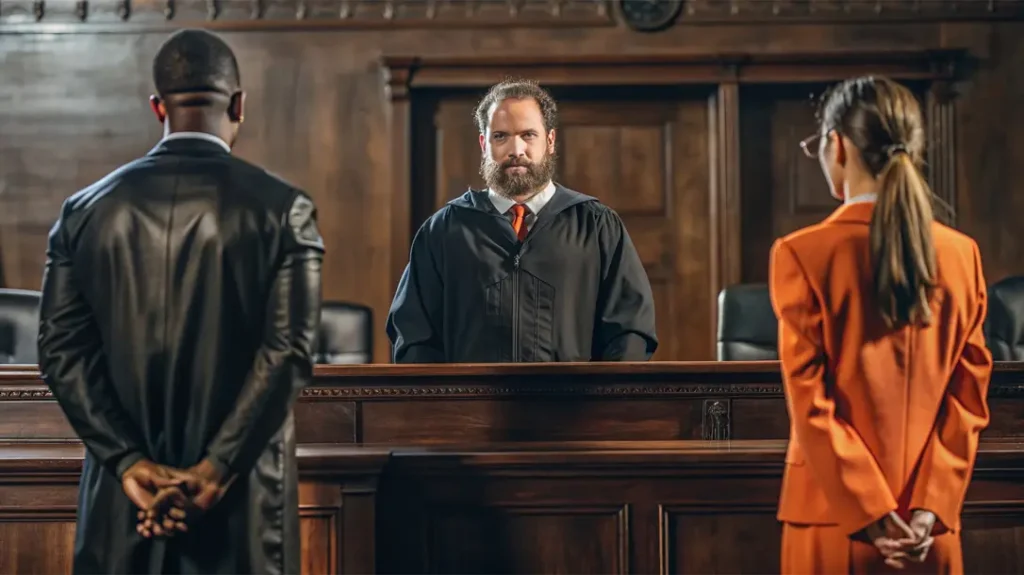
Advertisement — Continue Reading Below
The Recording Starts Now
Serious members of the law enforcement community share the same thoughts when it comes to dealing with 911. Petersburg, IN Police Officer Mike Willis has seen his fair share of 911 calls in almost two decades of police work. He offered some interesting thoughts on the topic. “Try to stay calm and relay only the facts. If there are still bad guys active at the scene, let the operator know. This helps the officers arriving on the scene to be better prepared. Only give the basic information and nothing more. The officers arriving on the scene will be on high alert, so it is important they have only facts to work with.
At times people say there are multiple attackers when in fact there is only one. Sometimes they genuinely think there are and other times they think there might be, so they add it to their call. This makes the entire event even more dangerous as officers will be on the search for other suspects.” Officer Willis went on to remind people that the 911 system and responding officers are not your friends. While they should not be adversarial, they are there to record information, secure the scene and write reports. Do not feel compelled to talk with them like you would a private friend.”
This theme continues with the 911 emergency operators. The City of Mesa, Arizona 911 dispatch center offers these simple guidelines when calling 911. “Give the complete address of where you need help, remain calm and talk clearly and tell the 911 operator what the problem is and why you need help.”
Advertisement — Continue Reading Below
Mindset
A common theme with everyone I spoke to was the development of the right mindset. Nowhere was this made clearer than in a conversation I had with attorney James Reeves of MMK law firm. Reeves shared that “You need to understand some things before you make the 911 call. The first is that you should be prepared to be arrested and confined. This is true even if you are innocent. It is a rare occasion that someone is released to go sleep in their own bed that night.
It is also a reminder that you absolutely must have counsel to help guide you through the events.” If you understand this going in, you will tend to be much more reserved in your statements and cautiously measure what you say. Like our actual firearms training, it is a good idea to practice making the 911 call as well. As attorney David Katz shared with me, “we have muscle memory for shooting, but we need memory in order to do a 911 call right”.
Practice Calling 911
As responsible gun owners, the last thing we ever want to do is be forced to shoot another person. The repercussions of the event will be with you for the rest of your life both emotionally and logistically. In the same breath I will say that if put in a position of a lethal threat, you should absolutely protect yourself. We shoot to stop the threat and escape from the danger.
Advertisement — Continue Reading Below
After the shock and gun smoke clear however it is time for step two of our personal defense. Defense against a judicial system that is not overfriendly to gun owners. In many ways, the labyrinth you will navigate in this arena can seem as nerve-racking as actual self-defense. This is why we must train ourselves to respond correctly when faced with this challenge. The better prepared we are to make that 911 call, the higher the probability that we will come out exonerated in the end.
For more information, visit:https://ww2.uslawshield.com/
